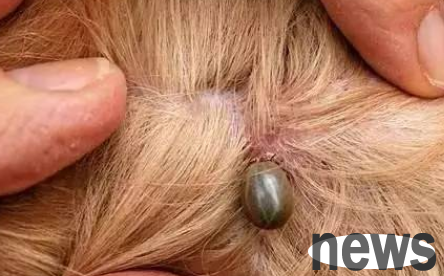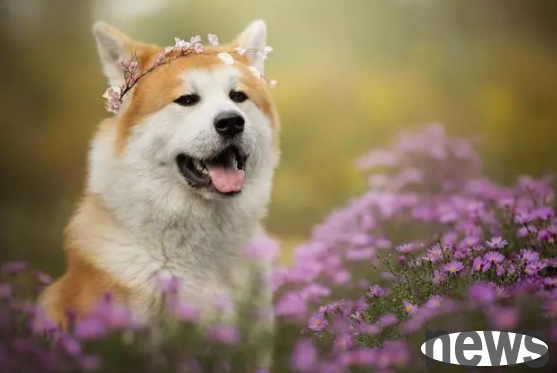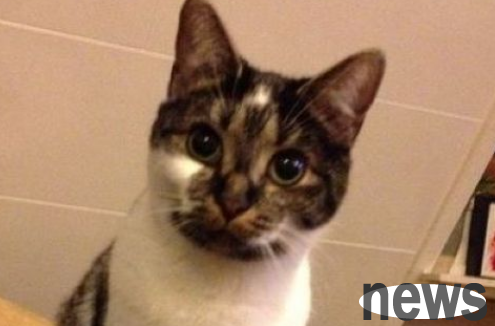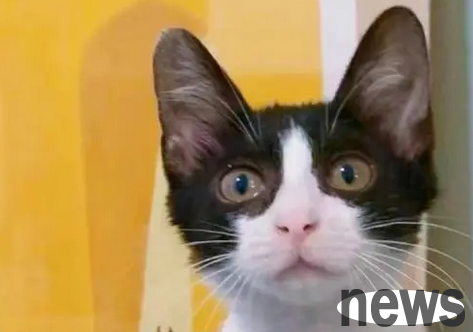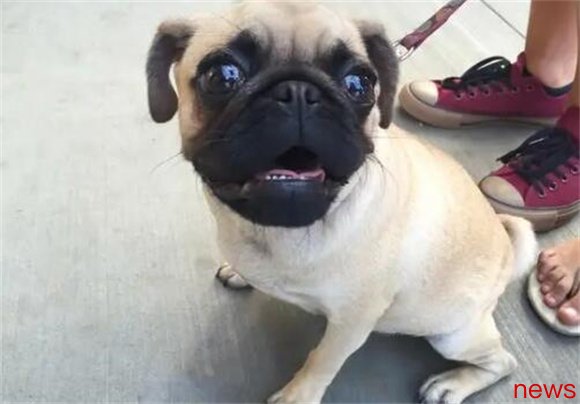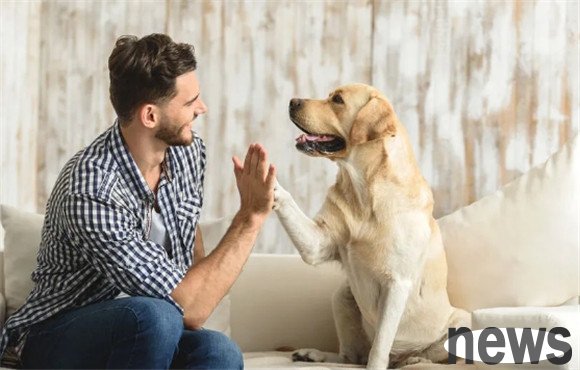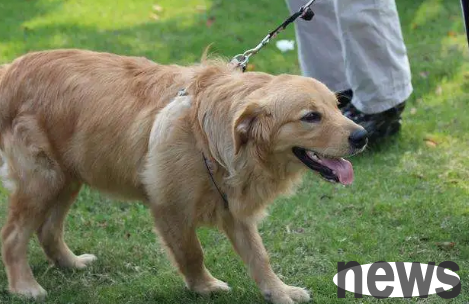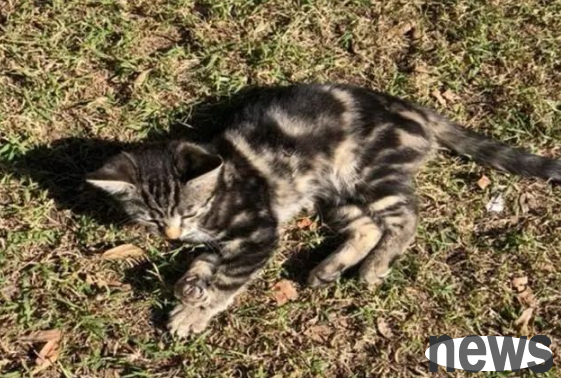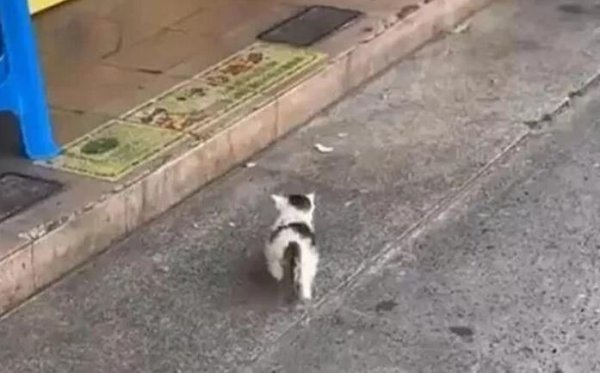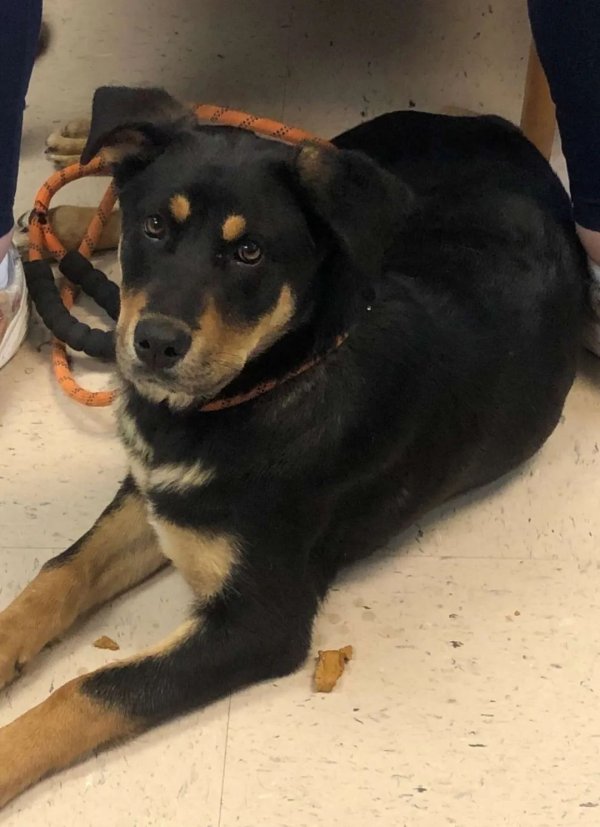What to do if the dog eats some chocolate
Dogs are very popular pets, but some things are dangerous for dogs, such as chocolate.
Chocolate contains a chemical called methylxanthine, which has a great impact on the dog's nervous system and heart. If the dog eats too much chocolate, it will cause poisoning.
So what if your dog eats a little chocolate? First, you need to know the type and content of chocolate.

like dark chocolate and sugar-free chocolate contain more methylxanthine, while white chocolate contains less chocolate ingredients.
Usually, the smaller the dose of chocolate the dog eats, the better. If the dog eats too much chocolate, it needs to let the pet see a doctor as soon as possible to help it quickly deal with the toxins in the chocolate.
If your dog eats a little chocolate, you should first observe its behavior.
If it behaves normally, then chocolate won't have a big impact on it.
But if the dog starts to show abnormal behaviors, such as vomiting, diarrhea, emotional instability, and accelerated heartbeat, then you need to bring it to the doctor as soon as possible.
During the diagnosis and treatment, the veterinarian will try to relieve the dog's symptoms, such as using medication to relieve the dog's nausea and vomiting.
But the most important thing is to detect problems in the early stage, because the earlier the symptoms of poisoning are detected, the easier it is to treat them.
Therefore, if your dog is a habit of eating chocolate, you should always store chocolate at home outside of your pet's sight, and try to avoid letting them touch chocolate.
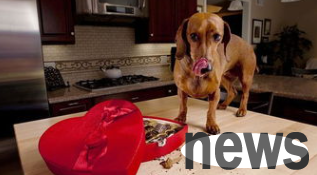
In addition to chocolate, there are other human foods that can also cause danger to dogs, such as grapes and raisins, onions and garlic, milk and dairy products, and other sugary snacks.
Therefore, as pet owners, we must always pay attention to our food choices and provide appropriate food for our pets.
In short, if your dog eats a little chocolate, don't panic, but don't take it lightly.
Observe its symptoms and if there is abnormal manifestation, seek medical treatment as soon as possible and let a professional veterinarian treat.
And remember that prevention is more important than treatment, and avoiding exposure to dangerous foods will be one of the best practices.


